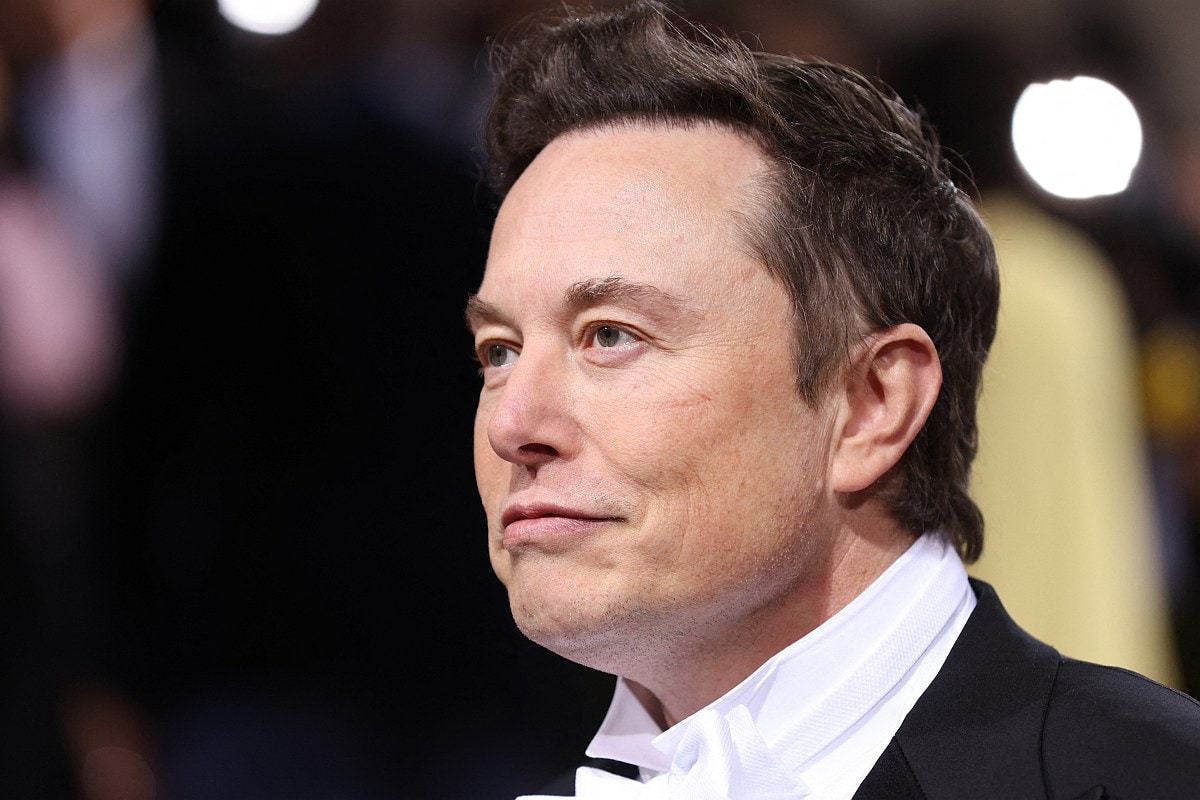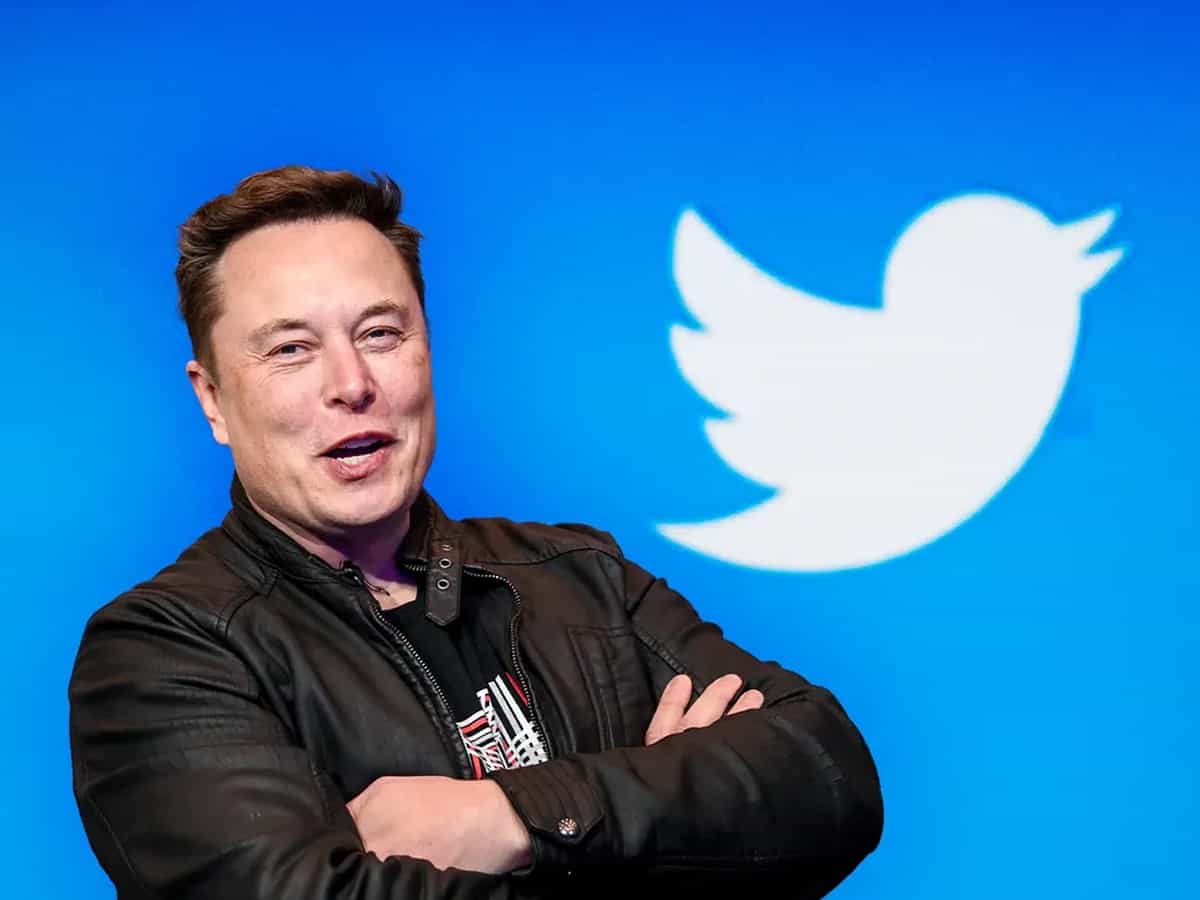Elon Musk’s Tesla Inc. Will It Follow The ‘Apple’ Cart To India In 2023?
Analyzing Tesla's Potential Entry into the Indian Market and Its Implications

The anticipation surrounding Tesla’s entry into the Indian market has been mounting for years. As one of the world’s leading electric vehicle (EV) manufacturers, Tesla Inc., led by the visionary entrepreneur Elon Musk, has disrupted the automotive industry and captured the imagination of people worldwide. With its cutting-edge technology, innovative design, and commitment to sustainable transportation, Tesla has become synonymous with the future of technology. Let’s delve into the possibility of Tesla following the ‘Apple’ cart to India, exploring the potential challenges, opportunities, and implications for both Tesla and the Indian market.
The Indian EV Landscape and Market Potential
India, with its rapidly growing economy and burgeoning middle class, presents a promising market for electric vehicles. The government’s push for clean energy and its ambitious target of transitioning to electric mobility have created a favorable environment for EV manufacturers. However, the Indian EV market poses unique challenges that require a nuanced understanding.
The Indian government has implemented various initiatives and policies to promote the adoption of electric vehicles. The Faster Adoption and Manufacturing of (Hybrid &) Electric Vehicles (FAME) scheme, tax incentives, and charging infrastructure development are aimed at incentivizing EV adoption and creating a supportive ecosystem. These measures have laid the groundwork for the growth of the EV market in India.
India’s growing middle class, increasing urbanization, and rising environmental consciousness have contributed to a growing demand for electric vehicles. The cost of ownership, environmental benefits, and reduced reliance on fossil fuels make EVs an attractive proposition for Indian consumers. However, affordability, range anxiety, and limited charging infrastructure remain key barriers that need to be addressed to drive widespread adoption.
While Tesla’s entry into the Indian market has been highly anticipated, it is essential to recognize the presence of established local players in the EV segment. Companies like Tata Motors, Mahindra & Mahindra, and Hero Electric have been actively manufacturing and selling electric vehicles in India. Tesla will face stiff competition and will need to differentiate itself to gain a competitive edge in the market.

Challenges and Opportunities for Tesla in India
One of the critical challenges for Tesla in India is the development of a robust charging infrastructure. The availability of charging stations, especially fast-charging facilities, is essential to address range anxiety and provide a seamless ownership experience for Tesla owners. Collaborating with local partners and leveraging government initiatives will be crucial for Tesla to establish a widespread and reliable charging network.
India’s price-sensitive market necessitates a focus on localization and price competitiveness. Tesla’s entry-level models, such as the Model 3, face challenges in terms of affordability for the Indian market. Localizing manufacturing, leveraging domestic suppliers, and exploring partnerships can help Tesla reduce costs and offer competitive pricing, making its vehicles more accessible to a wider range of Indian consumers.
Tesla will need to navigate the regulatory landscape and ensure compliance with Indian regulations and homologation processes. Collaboration with local authorities and proactive engagement with policymakers will be crucial to address regulatory hurdles and secure the necessary approvals for vehicle sales and operations in India.
Implications and Potential Impact of Tesla’s Entry
Tesla’s entry into India could serve as a catalyst for the widespread adoption of electric vehicles and the advancement of EV technology in the country. Tesla’s innovative technology, performance, and brand value can influence consumer perceptions and inspire other manufacturers to invest in electric mobility. Increased competition and technological advancements in the EV space can further accelerate the growth of the Indian EV market.
Tesla’s entry into India has the potential to stimulate economic growth and generate employment opportunities. Setting up manufacturing facilities, establishing service centers, and expanding the charging infrastructure will create direct and indirect employment. Moreover, collaborations with local suppliers and vendors can further contribute to the growth of the Indian manufacturing ecosystem.
Tesla’s electric vehicles align with India’s sustainable development goals and efforts to reduce carbon emissions. Increased adoption of Tesla’s EVs can contribute to a cleaner environment and reduced dependence on fossil fuels. As India strives to achieve its climate change commitments, Tesla’s entry can play a significant role in promoting sustainable transportation and combating pollution.
Tesla Inc., led by the enigmatic entrepreneur Elon Musk, has captured the imagination of people worldwide with its groundbreaking electric vehicles and visionary approach to transportation. As Tesla continues to expand its global presence, the question on everyone’s mind is whether the company will follow the ‘Apple’ cart and enter the Indian market. With its vast population, growing middle class, and increasing environmental consciousness, India presents a lucrative opportunity for Tesla to tap into a new customer base and make a significant impact in the country’s electric vehicle sector.

India’s push towards clean energy and sustainable transportation has created a favorable environment for electric vehicle manufacturers. The government’s initiatives, such as the FAME scheme and tax incentives, aim to encourage the adoption of electric vehicles and develop the necessary infrastructure. These measures, coupled with the rising awareness of environmental issues among consumers, have led to an increased demand for electric vehicles in the country.
However, Tesla’s entry into the Indian market is not without its challenges. Infrastructure development, particularly the availability of charging stations, remains a key hurdle. India’s vast size and diverse geography necessitate a robust and widespread charging network to address range anxiety and provide a seamless ownership experience for Tesla customers. Collaborating with local partners and leveraging existing initiatives will be crucial for Tesla to overcome this challenge.
Price competitiveness is another significant factor that Tesla needs to consider. India is a price-sensitive market, and affordability plays a crucial role in consumer purchasing decisions. Tesla’s entry-level models, while appealing in terms of performance and technology, may need to be localized and competitively priced to cater to the Indian market. Exploring partnerships with local suppliers and manufacturers can help Tesla reduce costs and offer competitive pricing.
Regulatory compliance is another area that Tesla must navigate carefully. Homologation and compliance with Indian regulations are necessary to ensure the smooth entry of Tesla vehicles into the market. Active engagement with policymakers and local authorities will be vital to address any regulatory hurdles and secure the necessary approvals for sales and operations.
Despite these challenges, Tesla’s entry into India holds immense potential and numerous opportunities. It can serve as a catalyst for the widespread adoption of electric vehicles and drive technological advancements in the Indian automotive sector. Tesla’s innovative technology, premium branding, and strong consumer appeal can significantly influence the perception of electric vehicles in India and inspire other manufacturers to invest in the segment.
Moreover, Tesla’s entry into India can have a ripple effect on the economy. Setting up manufacturing facilities and service centers will create job opportunities and contribute to economic growth. Collaboration with local suppliers and vendors can further boost the Indian manufacturing ecosystem.
Proofread & Published By Naveenika Chauhan




